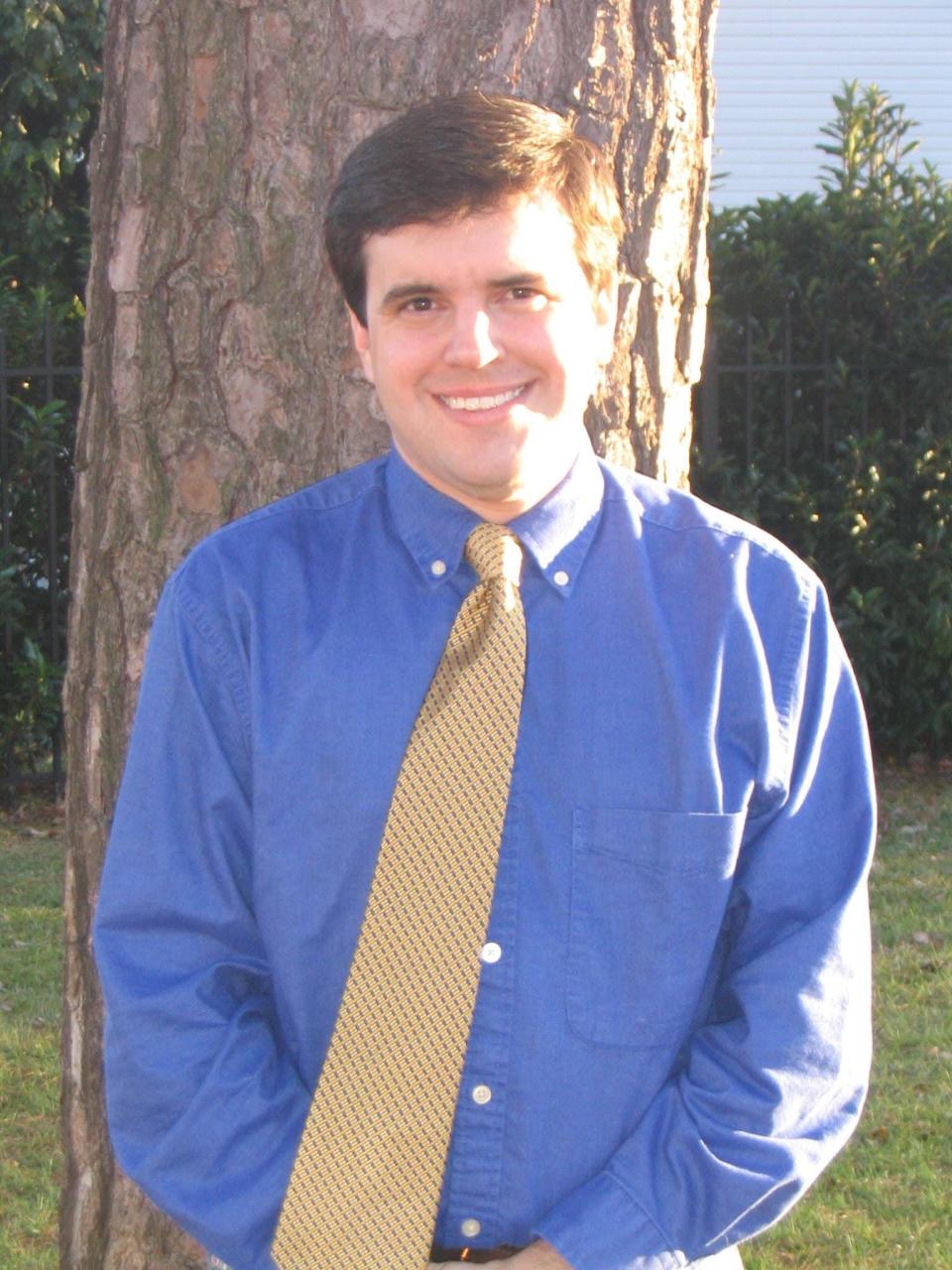Bridges: Like his father, Culberson wielded power in state, U.S. government
- Oops!Something went wrong.Please try again later.
- Oops!Something went wrong.Please try again later.
Charles Culberson was part of an influential Texas political family. He would lead a notable career in his own right, serving two terms as governor and three terms in the U. S. Senate.
Culberson was born in June 1855 in eastern Alabama. Shortly after he was born, his ambitious father, David B. Culberson, moved the family to Texas and set up a law firm in Upshur County and was a state legislator by 1858 and later a United States Congressman from 1875 to 1897.
Culberson graduated from the prestigious Virginia Military Institute in 1874 and earned a law degree from the University of Virginia in 1877. He served as an attorney in Jefferson in East Texas for several years before moving to Dallas in 1887.

In 1890, Culberson made his first run for political office, announcing his candidacy for attorney general. His father’s influence as a congressman helped Culberson gain the political traction he needed. As a result, Culberson won the election handily.
Like his predecessor, Jim Hogg, who had since risen to become governor, Culberson attacked the corruption in the railroad industry and the price-fixing practices many railroads used to hurt farmers shipping their crops to market. His popularity by 1894 propelled him to the governorship as well.
As governor, Culberson enacted a number of reforms, just as Hogg had done in the previous four years. He signed laws aimed at combatting monopolies in the state, made modest changes in the judicial system, and gave new powers to the recently formed Railroad Commission in their efforts to regulate railroad practices.
Just as Culberson’s second term as governor was ending in 1899, the new state legislature voted to make him the new U. S. Senator from Texas.
He became an influential member of the Senate. He ultimately served as chairman of four different committees in his twenty-four year Senate career. Additionally, for two years starting in 1907, he headed the Senate Democratic caucus.
For six years, Culberson served as chairman of the powerful Senate Judiciary Committee, which oversaw the Senate’s considerations of presidential nominations for federal judges. His committee approved four nominees to the Supreme Court for consideration by the full Senate, including Attorney General James McReynolds in 1914 and Louis Brandeis, the first Jew to serve on the Supreme Court.
That year, Culberson himself faced re-election to the Senate and had to face the voters directly instead of the election held in the state legislature, thanks to 1913 ratification of the Seventeenth Amendment he had supported. Culberson won easily, as he had in most elections so far.
Although Democrats were unable to regain control of the Senate in the 1920 election, Culberson still was able to chair a committee, given his seniority and respect among his fellow Senators. He chaired the Committee on Private Land Claims, a small committee devoted to settling land disputes on property bought from the federal government.
At the same time, he was facing another issue. Culberson was disgusted by the tactics, corruption, and violence of the Ku Klux Klan, which was rising quickly throughout the nation in the years following World War I. He spoke out against the KKK on several occasions, but Culberson’s political influence was gradually receding.
Culberson’s alcoholism continued to take its toll on him. He grew ill, unable to concentrate on many issues, and he neglected many duties to his constituents in Texas. Constituent service became even more important as the Senate was now elected by the general public rather than state legislators. In 1922, he faced re-election but was unable to campaign. The KKK threw everything it had into Railroad Commissioner Earle B. Mayfield, who managed to oust the four-term Senator.
After Culberson’s term ended in January 1923, he stayed in Washington, D.C., in general seclusion during his retirement, his health steadily declining. He died in 1925.
Ken Bridges is a writer, historian and native Texan. He holds a doctorate from the University of North Texas. Bridges can be reached by email at drkenbridges@gmail.com.
This article originally appeared on Amarillo Globe-News: Bridges: Culberson wielded power as governor, four-term U.S. senator

